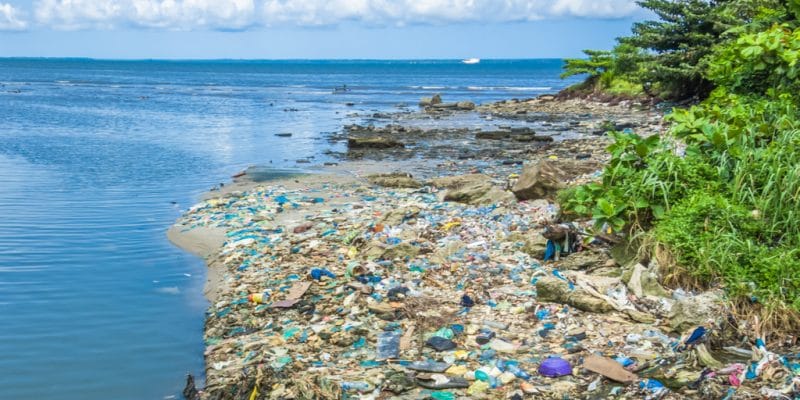In order to effectively combat air, water and soil pollution caused by sewage and waste, the Nakuru county government is preparing a binding law that will apply the polluter pays principle, including prison sentences for people or company managers convicted of pollution.
The Nakuru government is not going to go out of its way to fight pollution in the county. It is preparing a new, more binding law against polluters. The new waste laws provide for fines ranging from 1 to 2 million Kenyan shillings (between $9,200 and more than $18,300) for a person found guilty of pollution.
The new legislation will also apply to companies, which will be able to pay a fine of between 2 and 4 million Kenyan shillings (between $18,300 and $36,700) for violations. Convicted company officials could face up to 2 years in prison. In addition, “the court may order the polluter to pay the cost of the pollution to any third party through adequate compensation, restoration or restitution,” says the law under consideration by the Nakuru County Government.
Liquid waste management
The new waste management law may force polluters, whether companies or individuals, to pay the full cost of cleaning up the polluted area. The Nakuru county government is being stricter about the management of liquid waste, including sewage, oil, hydrocarbon waste, polluted sludge, and solvents.
“Any company, factory, petrol station or other facility that discharges sewage must have an approved sewage collection system and sludge traps, failure to comply with which is an offence and, if convicted, is liable to a fine of 500,000 to 4 million shillings (US$4,500 to 36,700) or imprisonment for 2 to 4 years for those responsible for the structure,” the new legislation provides.
It also provides for the creation of a new tax to be imposed on waste producers. The collection of the tax is intended to finance solid waste management. The 2020 law on waste is also intended to encourage producers to adopt sorting at source to facilitate treatment in dedicated centres.
Jean Marie Takouleu







